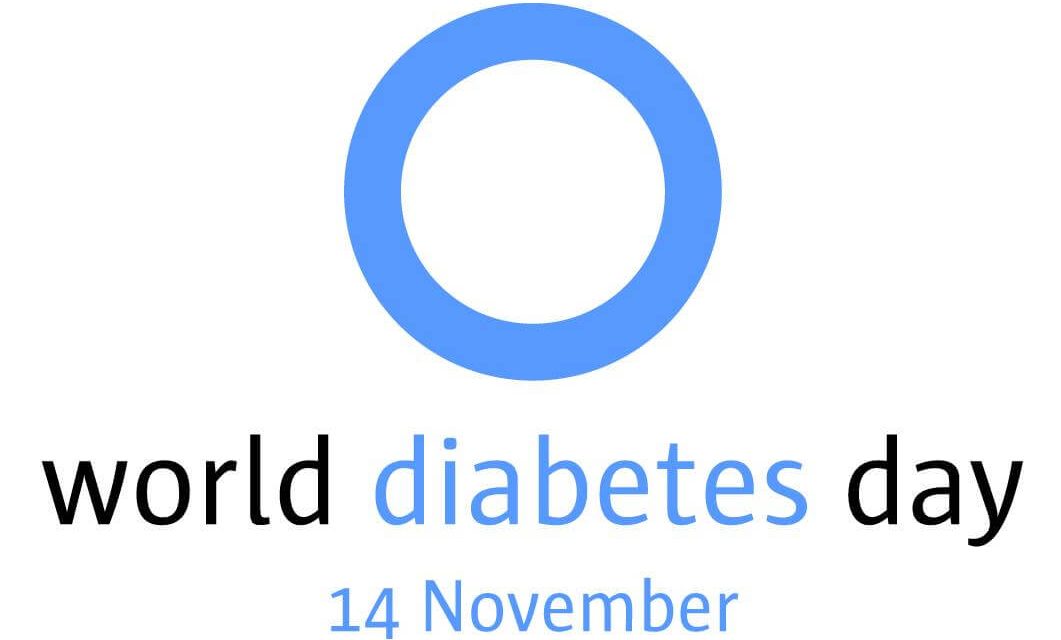According to the World Health Organisation, diabetes is a chronic disease characterised by elevated levels of blood glucose. There are two types of diabetes: Type 1 diabetes occurs when the pancreas does not produce enough insulin and Type 2, when the body cannot effectively use the insulin it produces.
An estimated 422 million adults are living with diabetes globally, a figure which has quadrupled since 1980 as a result of an increase in risk factors such as obesity, unhealthy diets and physical inactivity.
Trinidad and Tobago is included among the countries with the most prevalent and fastest-growing cases of diabetes. The Ministry of Health estimates that the disease affects about 14.5 percent of the population with about 88-90% of patients having Type 2 diabetes. Trinidad and Tobago also has a high rate of diabetic complications, with diabetes being a leading cause of blindness.
Diabetes is a debilitating, costly and stressful disease. Untreated or unmanaged, it can lead to several complications including heart disease, amputation, kidney failure and early death.
World Diabetes Day 2019, with its theme ‘Family and Diabetes’, aims to raise awareness of the impact of diabetes on family life and promote the role of the family in the management, care and prevention of diabetes.
Family members can help one another in the monitoring and control of blood sugar levels and work together to make necessary lifestyle changes. Family participation and support in the treatment of diabetes is critical to its effective management and ultimately leads to better outcomes for the patient.
Diabetes has an enormous physical, mental and economic toll on the family and the community. It is therefore imperative for every citizen to play a role in the prevention, treatment and care of the disease to reduce its prevalence and impact.







